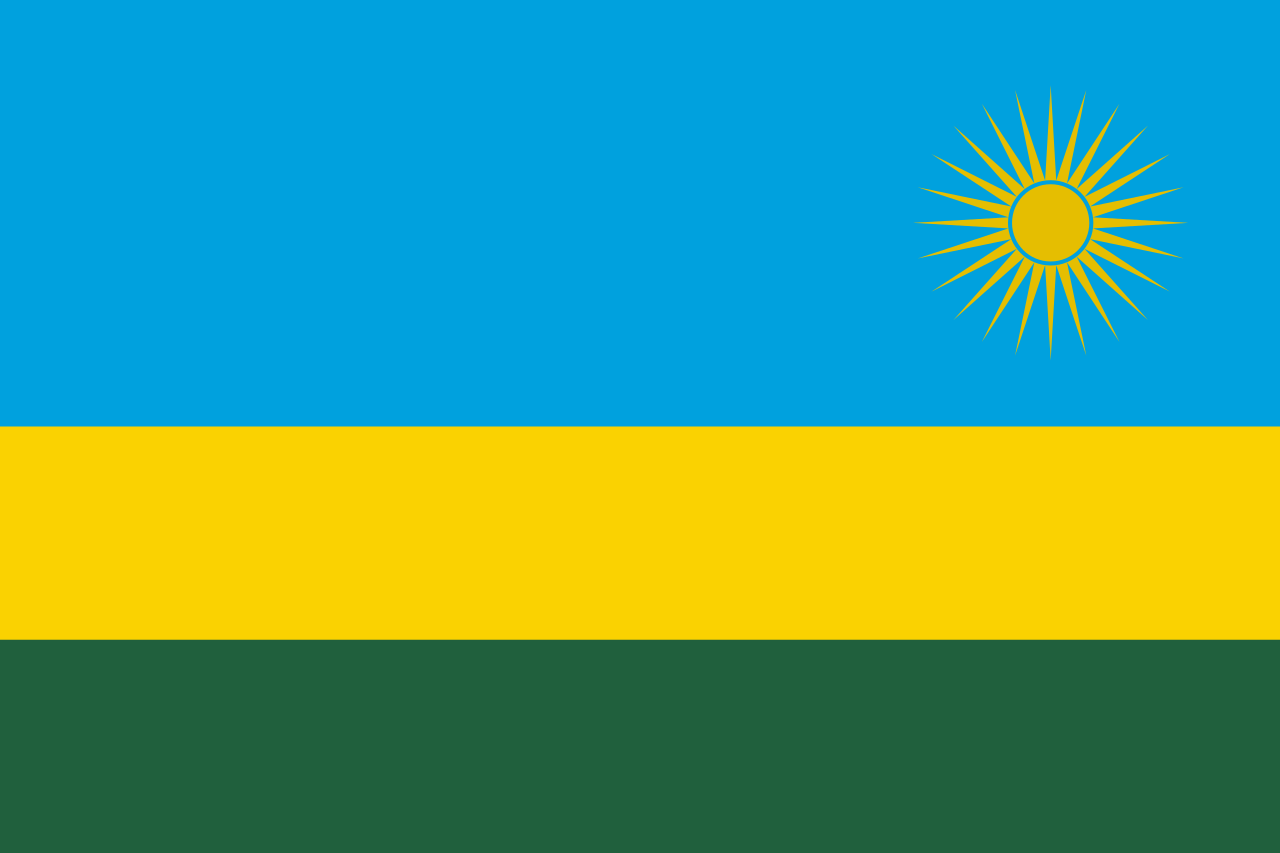A total of 150 people were trafficked over the past three years (2020-2022), according to data from Rwanda Investigation Bureau (RIB).
In 2020, RIB received 33 cases of human trafficking that involved 36 victims (seven male and 29 female), with the number going up in 2021.
In 2021 the victims were 66 (22 male and 44 female) from 17 cases, while the number dropped to 48 (six male and 42 female) in 2022 from 33 cases.
According to RIB, one case may contain more than one victim and the same data shows that among the 150, 68 were under the age of 18, 68 were aged between 18 to 30, and 14 were aged above 30.
In the year 2020, human trafficking victims aged below 18 were 15, and the ones aged 18 to 30 were 17 while the ones above 30 were four.
2021 victims under 18 were 27, 32 aged between 18 to 30 and seven were above 30, while last year RIB received 26 victims below the age of 18, 19 victims between the ages of 18 and 30, and three aged above 30.
RIB indicates that 41 victims have been repatriated (19 in 2022, 11 in 2021, and 11 in 2020) and sent back from different countries in Asia, the Middle East, and West Africa. While 24 victims were intercepted at airports and borders heading to Asian countries, the Middle East and West Africa.
RIB spokesperson, Thierry Murangira, told The New Times, some people repatriated, or intercepted, “change tricks to find their way to those countries again.”
Furthermore, he pointed out, when they are brought back they are counselled because “some feel that RIB is against their chances” and so they end up finding other ways to go back.
Commenting on tactics used by perpetrators to con the victims, Murangira mentioned promises of a better job, and internship, among others.
Murangira said the number is not alarming and that there are measures in place to fight human trafficking, seen in the decreasing number, for instance victims decreased from 66 in 2021 to 48 last year.
RIB, in collaboration with other institutions, is fighting the issue with various means including awareness campaigns, detection and investigation intended to bring to book those who are involved.
Murangira also disclosed that the capacities and capabilities of RIB are being strengthened, and technologies will be put in place to use appropriate precaution and other tools to detect and investigate trafficking networks.
RIB urges people to be very careful and conscious whenever someone approaches them with job promises, internships, and marriage abroad, and inform authorities whenever they come across such people.
In addition, Murangira said that there is also a need to understand that the advantages and potential of social media platforms that were meant to increase communication and bring people together are also being exploited by criminals to recruit and entice victims. - Aurore Teta Ufitiwabo, The New Times






